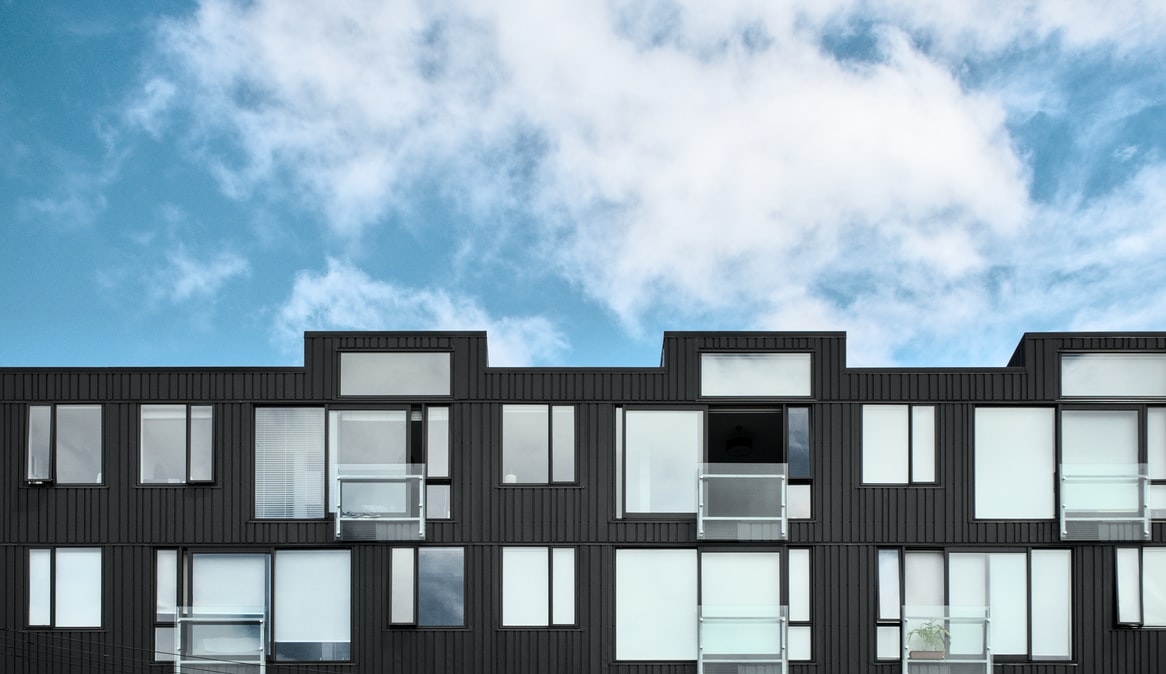It’s important to understand the different ways you can own your home. Freehold, leasehold, share of leasehold – all have a major impact on how you actually own your property. So, what is Share of Freehold? We look at the pros and cons of this type of home ownership and answer the most frequently-asked questions on the topic.
FAQs
What does Share of Freehold mean?
Does share of freehold add value?
Is share of freehold the same as leasehold?
Is share of freehold a good thing?
Share of freehold lease extension
How do I transfer share of freehold?
Is share of freehold better than leasehold?
Do I still have to pay service charges?
Should I extend my lease or buy share of freehold?
What does Share of Freehold mean?
If you buy a property with a Share of Freehold, this means you own your property leasehold plus a share of the freehold for the building your property is in and the land it’s on. This usually applies to apartments. So owners of the apartments in a building each own their apartment leasehold, as well as holding a share of the freehold for that entire building and the land it sits on.
It’s also important to understand leasehold and freehold home ownership before Share of Freehold will make sense:
Freehold: If you own a property freehold, you own it outright. This includes the land it’s on and the airspace above your property.
Leasehold: If you own a property leasehold, you hold a lease (usually lasting decades or centuries) for that property. You will have a contract with the landlord, or freeholder, to set out your legal rights and responsibilities.
Does share of freehold add value?
Gaining share of freehold could add value to your property if your lease is short (85 years or below). Joining with the other leaseholders in your apartment building to buy the freehold could be cheaper than extending the lease on your property.
Share of freehold could also add value to your property if you feel that the building will be better run as a result. A well-managed and maintained building can add value to every property within it.
Is share of freehold the same as leasehold?
If you gain a share of freehold for your building, you will still own your property on a long lease. However, as a co-owner of the freehold of the entire building, you and the other co-owners now have control over lease lengths.
This means that you can renew your lease and only pay for the legal fees. Previously you would have had to pay the freeholder as well in order to extend your lease. Once you have a share of the freehold, you and the other co-owners will control things like ground rent, building insurance, etc.
Is share of freehold a good thing?
Gaining a share of the freehold generally allows leaseholders to have more control over their homes. It is a legal right to be able to take over the freehold, as long as you have at least half of the other residents willing to also do so.
Share of freehold can be a solution if you and the other leaseholders have issues with how your building is being run by the freeholder. It allows you to set the ground rent for the building, find the best building insurance and extend leases as you wish.
What are the main problems?
Share of freehold can be an expensive and complicated process. You need to have at least half of the property owners in the building willing to buy the freehold. You will all have to work together and agree on the system you will use to manage the building. Many people create a limited company for this purpose.
You must be able to afford the purchase price of the freehold, as well as the costs of a valuation survey and legal fees for the leaseholders and freeholder. Stamp duty land tax is also due if the purchase price is over £125,000.
Share of freehold lease extension
Once you have share of freehold, you are able to extend your lease for free – usually up to 999 years. This is only as long as the other co-owners of the freehold agree. You will also have to pay legal fees to extend your lease.
How do I transfer share of freehold?
If you own a share of freehold for your property, you will need a formal deed in order to transfer ownership. This deed will transfer ownership from yourself and the other co-owners of the freehold, over to the new owner of your property and all the other co-owners.
Can a freeholder refuse to sell the freehold?
As long as the leaseholders qualify for collective enfranchisement (taking on share of freehold), the freeholder cannot refuse to sell the freehold. It is illegal to refuse to sell.
Is share of freehold better than leasehold?
Share of leasehold is better than freehold if you are unhappy with how your building is being run. It can also be cheaper to renew leases on leasehold properties once you have control of the freehold. However, many leaseholders are happy to allow their landlords to run their building and pay the relevant fees for ground rent, service charges, etc.
Do I still have to pay service charges?
You and the other leaseholders in your building will set the service charges and ground rent for your building. As there are usually costs associated with communal areas, lifts and other parts of the building used by all residents, you will still need to share out the service charge to those residents, including yourself.
Should I extend my lease or buy share of freehold?
Qualifying leaseholders have the right to extend their lease or join forces with other leaseholders to purchase the freehold under the 1993 Leasehold Reform Act. This is called ‘collective enfranchisement’.
The process can be very complex, which means you will need to consult with an RICS surveyor and leasehold solicitor. There are also requirements you will need to meet, such as:
At least half of all flat owners must be leaseholders and want to buy the freehold
In the case of a building of just two flats, both leaseholders must want to purchase the freehold
At least two thirds of leaseholders must hold long leases for example, 21 years
If you are successful you will need to create a freehold company (usually a Limited entity) and arrange who will run it.
How does a limited company for share of freehold work?
Limited companies made up of share of freeholders are designed to let all the participating members decide how their building will be maintained, renovated and run. The members come together to decide on things like whether or not to carry out certain works, leasehold extension issues, and other minor issues that crop up.
The main purpose of a limited company in this situation is to give all the share of freeholders a stake in the management of their building. It lets them share their priorities, preferences and concerns while working together with their fellow freeholders.
HomeViews provides verified resident reviews of the UK’s housing developments. We’re working with developers, landlords and the Government to recognise high performers and help to improve standards in the built environment.
The post What does Share of Freehold mean? appeared first on HomeViews.

